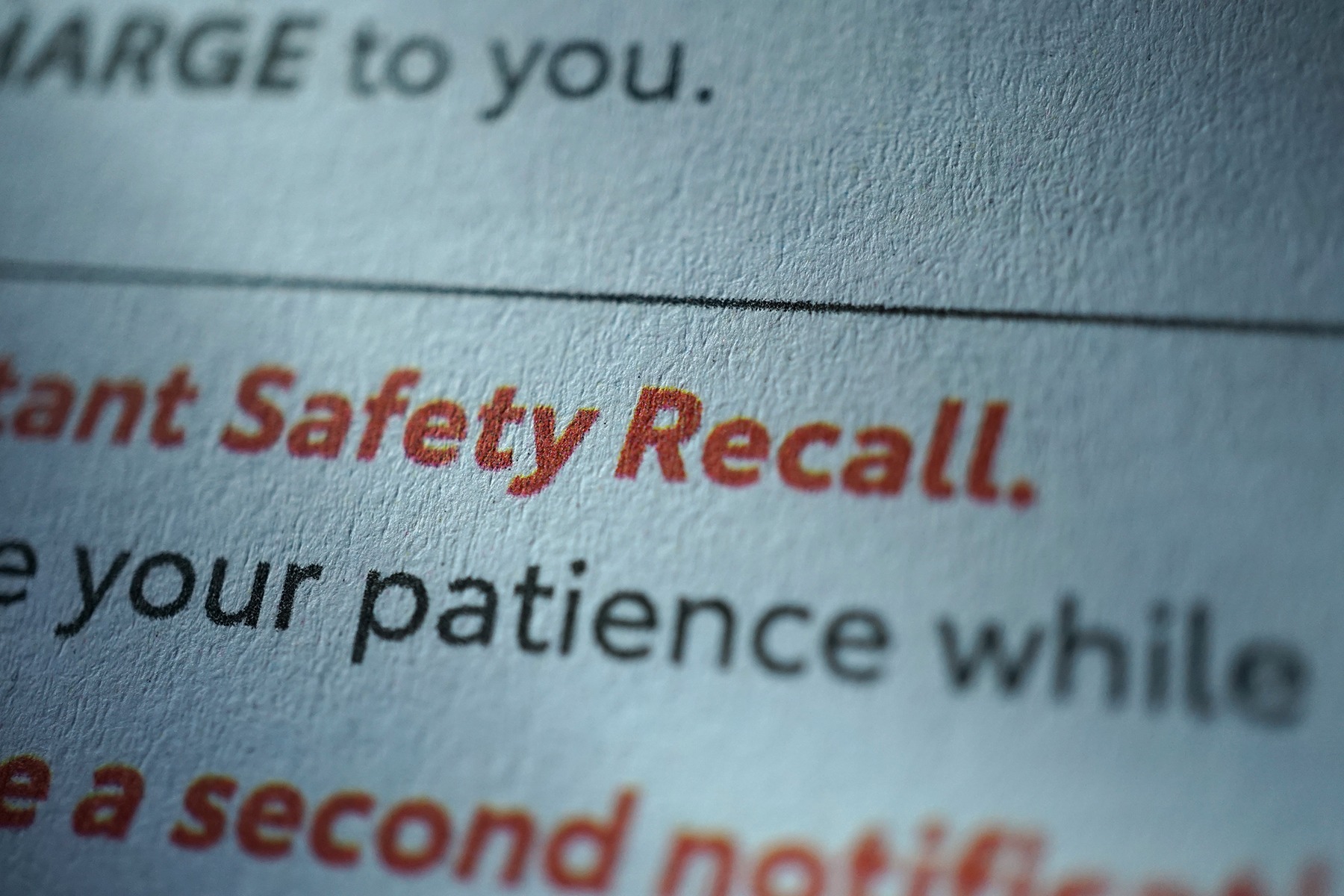Osama Solieman, ETQ’s Chief Customer Officer, has been with ETQ for 16 years in a variety of customer-facing implementation and delivery roles. He has been an integral part of ETQ’s evolution from a company delivering strictly on-premise solutions to a leading provider of cloud-native quality management solutions. We spoke to Osama recently as part of our Executive Spotlight series to get his insights on the most pressing challenges facing manufacturers today and what drives many organizations to embrace integrated quality processes.
As an ETQ veteran, how has your role changed over the years?
ETQ has always had a very customer-first culture – it’s one of the things that first drew me to the company and that has not changed. What that means in practice has evolved. When I first started, we were selling ETQ Reliance as an on-premise solution only, yet Software as a Service (SaaS) and the cloud has changed how customers select solutions and partner with vendors. The SaaS structure is subscription-based and makes it far easier for customers to navigate to other solutions that they feel can better meet their needs. This makes it more important than ever to stay engaged and communicate with our customers, continuously adapt our solutions to meet changing needs and always stay one step ahead.
Tell us more about how ETQ’s transition to a cloud-native solution changed how manufacturers embrace quality processes.
The difference between ‘on-prem’ software and SaaS solutions is like the difference between buying a house and renting. Just as it’s easier for someone renting a home to switch to a new rental, the hurdles of switching from one ‘on-prem’ solutions vendor to another are higher than it is with SaaS solutions. This shift means we stay laser focused on helping our customers take a holistic, company-wide approach to quality and see us as their long-term quality management partner.
What is the biggest reason why customers typically become interested in ETQ?
Customers have traditionally reached out to us after they have a serious quality issue, such as a product failure, recall or compliance warning. It’s not difficult for them to quickly realize the cost of poor quality in the moment, but it’s a harder sell when an event has not yet occurred. That’s beginning to change however, and manufacturers are taking a more proactive approach to quality, since they’re realizing the costs, resources and brand image that can be saved by doing so.
What is a key challenge for customers working to boost their quality management? Enabling enterprise-wide quality is a major challenge. There’s immense value in having processes integrated, and systems all talking to each other, instead of disparate, siloed, point solutions. Being able to trace a problem from its starting point, through the investigation, corrective actions, the documents that get updated based on that corrective action, to the training that was completed, and maintaining all of that in a centralized system can be extremely beneficial. That traceability becomes much harder if you’re working in a siloed world; whereas with automated, integrated systems like ETQ Reliance NXG, you can monitor the complete picture of how you’re addressing an issue. And, more importantly, preventing it from happening in the future.
What do you see as the most pressing issues facing manufacturers today?
There are two key issues that come to mind. The first is supply chain quality. How do you extend your quality practices and processes to your suppliers? This is a real challenge for manufacturers because the bottom line is if your suppliers are failing on quality then you’re failing on quality. The labor market is another important issue – that includes a shortage of workers as well as how to empower current employees – from leadership teams to knowledge workers to the factory floor, to leverage technology to connect, communicate, and perform work more efficiently and safely. There’s still a lot of progress to be made in these areas.
What are manufacturers looking for from their quality solutions?
In previous years we found customers mostly just wanted to check a box when it came to embracing quality practices and processes. To ensure compliance for compliance sake – whether for ISO certification or to keep the FDA away. Now more and more organizations are asking, how do we use quality data to improve the efficiency of our operations and contribute actual value to the business instead of it simply being a cost center? That’s an emerging area of focus for our customers.
When you’re not helping ETQ customers improve their quality outcomes, what do you enjoy doing in your spare time?
I like to be outdoors, so I’m always seeking activities and hobbies that allow me to do that. I hike and play soccer regularly. I’m also interested in photography and enjoy taking pictures of my travels and of the Southwest U.S., where I currently reside, which has the most spectacular sunsets.


